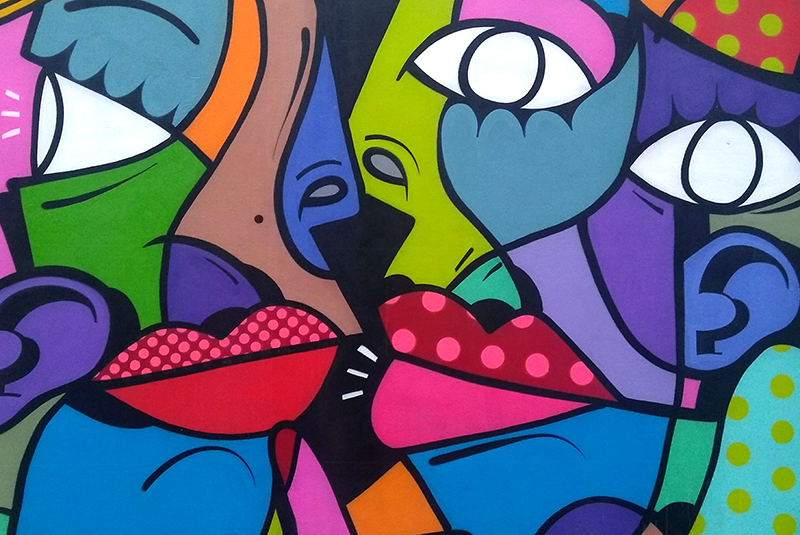Like many children, my granddaughter resists bedtime by sharing fears that get her parents’ and my attention. Recently she was worried about her brain. She was afraid “school-learning” and “all the rules you have to remember” would crowd out her creativity and compassion. While she is yet to understand the brain’s infinite complexity, she has grasped its role in shaping what makes us sentient, sensitive beings.
As psychologists and neuroscientists have demonstrated, we humans are wired to be compassionate and altruistic. Children as young as three, across contexts and cultures, will attempt to “right” what they experience to be unfair. Areas of the human brain linked to recognizing emotions in others operate according to a sort of ‘neural golden rule’, responding with generous and altruistic behavior in direct correlation with the ability to share feelings.
Proximity with our fellow humans awakens our feelings of empathy and compels us to respond. Person to person, in groups and communities, we are better able to understand each other, relate to one another’s needs, and feel moved to act. But faced with injustice and suffering on a large scale, we can feel overwhelmed. When our individual impulse to give and then give more begins to wane, we draw back and look for ways to turn problems over to the agencies we believe have the mandate to develop solutions commensurate with the scale and scope of what’s needed.
As Jean Monnet—one of the architects of the European Union—once said, “Nothing is possible without humans, but nothing lasts without institutions.”
Copyright©Madras Courier, All Rights Reserved. You may share using our article tools. Please don't cut articles from madrascourier.com and redistribute by email, post to the web, mobile phone or social media.Please send in your feed back and comments to [email protected]











